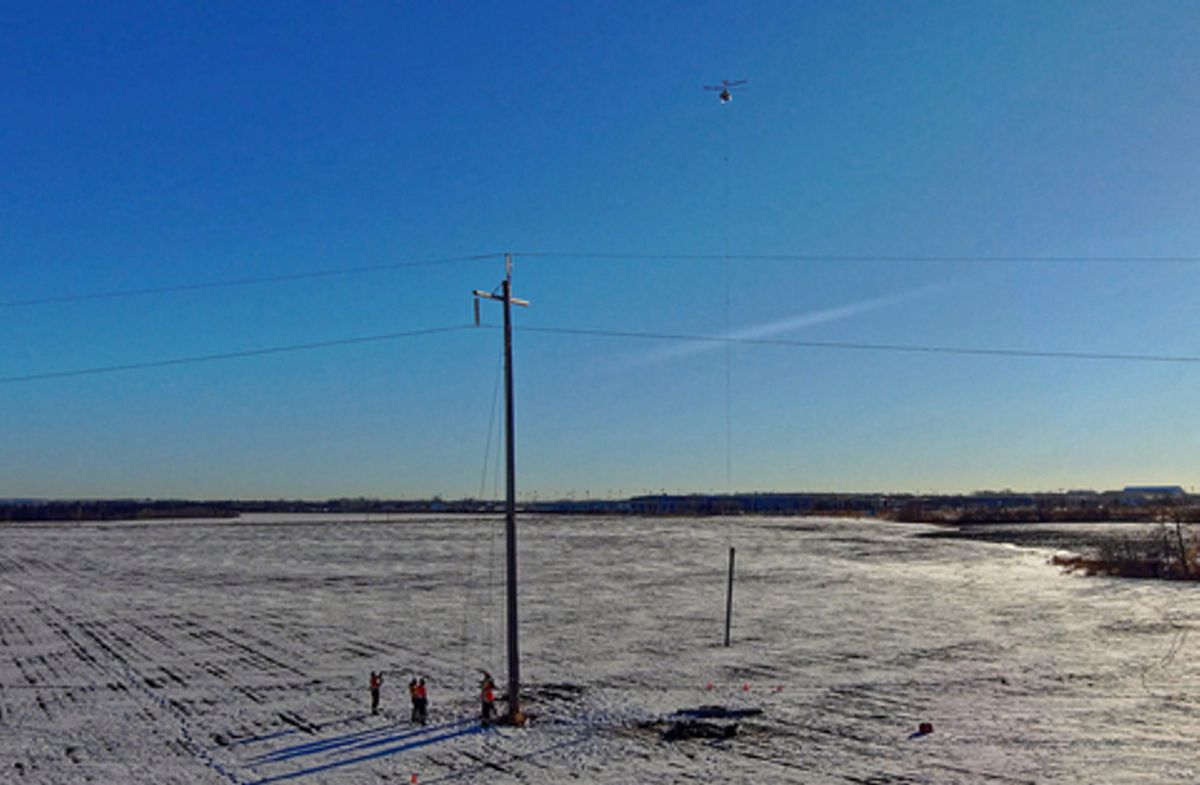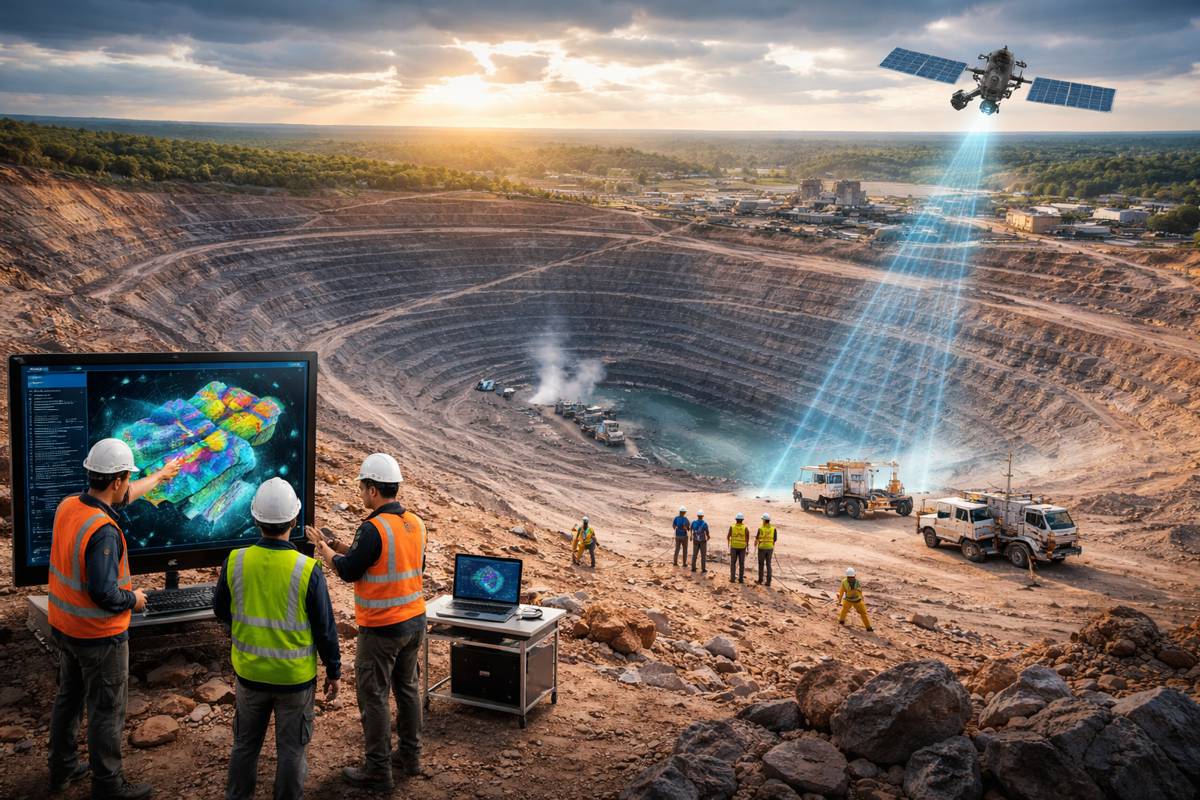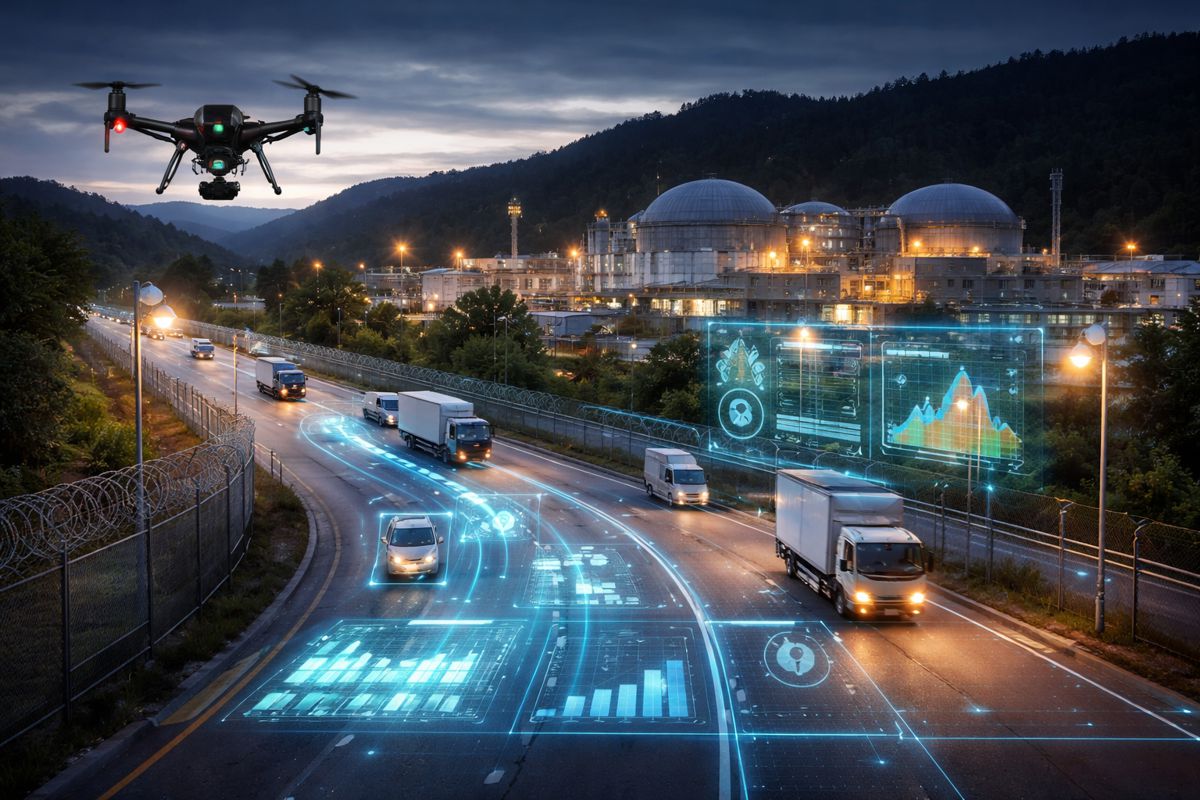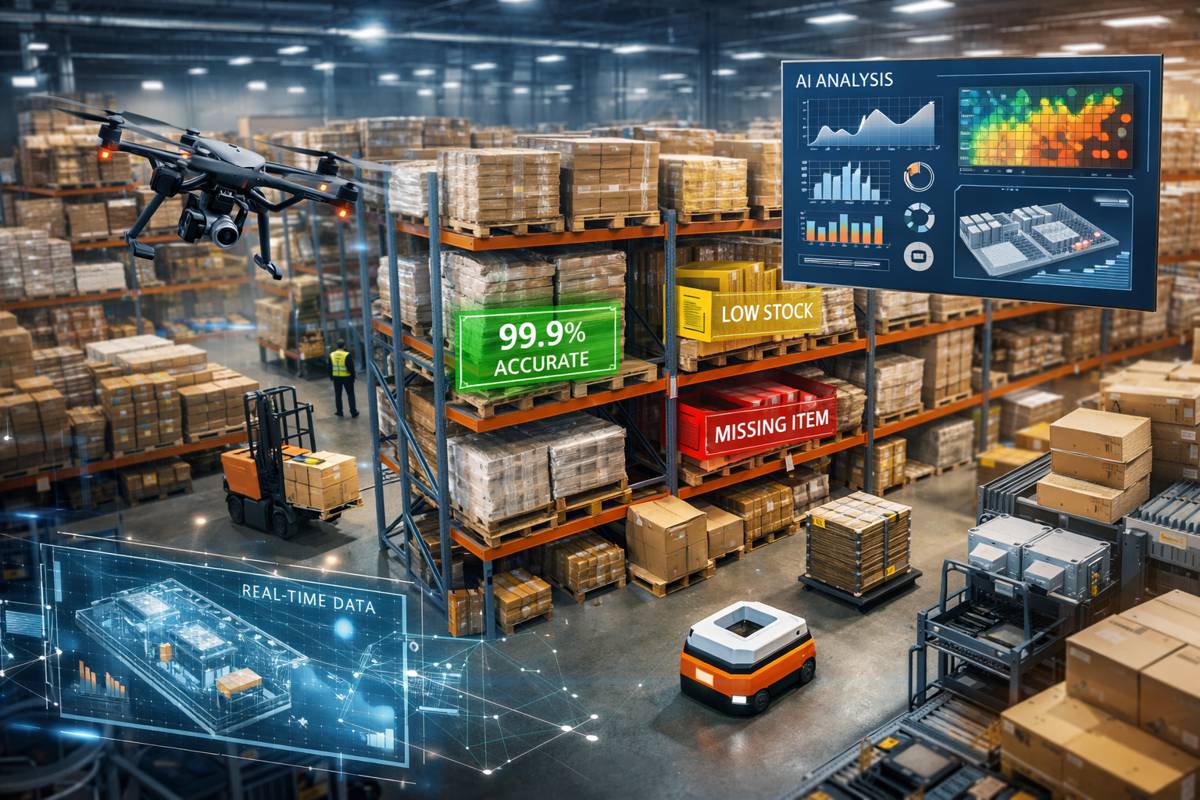Unmanned Drones assist Slinging Operations on Powerline Construction Site
FulcrumAir is pleased to announce that it is now offering slinging operations to assist in powerline construction and maintenance, utilizing its industry leading E7500 heavy lifting UAS.
Work was recently done with K-Line Line Maintenance and Construction on a 138KV line being reconstructed for one of the leading power providers in Canada.
K-Line contracted with FulcrumAir to sling over difficult terrain, cross arms, insulators, tools, and other components weighing up to 120 pounds per trip. Overall, 19 trips were made, and 1800 lbs of material was slung in 6 hours of flight time over 16 hours in the field.
The work was done over top of sensitive wetland areas, wildlife habitat and a farmer’s field, minimizing the impact of trucks and other vehicles. This operation was conducted using the E7500, eliminating the need for a helicopter.
Brian Edall, VP of Business Development at K-Line Group of Companies said, “Utilizing FulcrumAir’s heavy lift drone allowed us to safely import material and export salvage material efficiently. Crews were able to navigate the rough terrain and icy slopes safely without having to carry any materials. FulcrumAir‘s heavy lift drone allowed us to control the site and employee hazards in a very innovative way.”
FulcrumAir is a leader in the development of heavy lift UAS and aerial robotic devices to conduct work in a powerline environment. The work for K-Line was done in Canada under regulatory approval from Transport Canada, which was first obtained in 2017.
FulcrumAir is currently working with the FAA on Type Certification in the US to enable Part 133 external load operations. These approvals are expected in mid 2023 and will enable similar work to be performed in the US.
In many cases, unmanned aircraft heavy slinging allows for comparable efficiency to traditional helicopter slinging, while significantly reducing the safety risk to crews and workers on the ground. Not only is unmanned heavy slinging dramatically safer, but it is also cost effective and has a lighter footprint than traditional aviation.





























